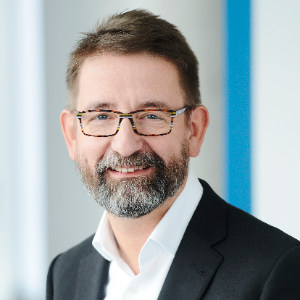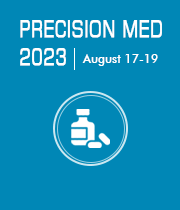Artificial intelligence : Precision medicine
The merging of artificial intelligence (AI) with precision medicine has the potential to completely transform health care. AI has grown and been accepted in a variety of disciplines during the last ten years, particularly among healthcare experts. AI opens up a world of possibilities for producing intelligent products, creative services, and new business models. Precision medicine approaches uncover patient phenotypes with less common treatment responses or special healthcare demands. AI uses complex computing and inference to provide insights, allowing the system to reason and learn while also empowering physician decision-making. Although AI and precision medicine hold a lot of potential, there is still a lot of work to be done in terms of testing, validating, and changing treatment procedures. The interaction of these two fields and their impact on the healthcare system aligns with the ultimate objective of disease prevention and early diagnosis in individuals, which could reduce disease burden in the general population and, as a result, the expense of preventative health care for everyone.
- Big Data Analytics
- Detection and Risk Prediction of Diseases
- Diagnostic Imaging
- High-Content Screening (HCS) in Drug Discovery
- Drug Development
- Issues and Challenges Faced

Bernd Blobel
University of Regensburg, Germany
Roy Gary Beran
University of New South Wales, Australia
Matthias Schwab
University of Tubingen, Germany
Thomas Webster
Interstellar Therapeutics, United States
Boris Tankhilevich
Magtera, Inc., United States
Isabella Friis Jorgensen
University of Copenhagen, Denmark


Title : The use of anti seizure medication therapeutic blood level determination to personalise the treatment of epileptic seizures especially in patients attending the accident and emergency department
Roy Gary Beran, University of New South Wales, Australia
Title : Personalized and precision medicine (PPM) can be established as a unique healthcare model through biodesign-driven and inspired biotech, translational applications. This approach aims to ensure human healthcare, wellness, and biosafety.
Sergey Suchkov, Institute for Biotech & Global Health of RosBioTech and A.I. Evdokimov MGMSU, Russian Federation
Title : Monitoring folds localization in ultra-thin transition metal dichalcogenides using optical harmonic generation
Ahmed Raza Khan, Australian National University, Australia
Title : A systematic review of regulatory approaches for Direct- To- Consumers (DTC) genetic testing
Kavitha Palaniappan, Duke-NUS Medical School, Singapore
Title : Regulatory framework of in vitro diagnostic and artificial intelligence for precision medicine
Pei Ting Sarah Chou, Regulatory Affairs Professionals Society, Taiwan
Title : Unraveling cancer stem cell signatures in circulating tumor cells of metastatic colorectal cancer: Investigating ALDH1A1 and the repurposing potential of disulfiram via scRNA-seq
Nurul Syakima Ab Mutalib, Universiti Kebangsaan Malaysia, Malaysia